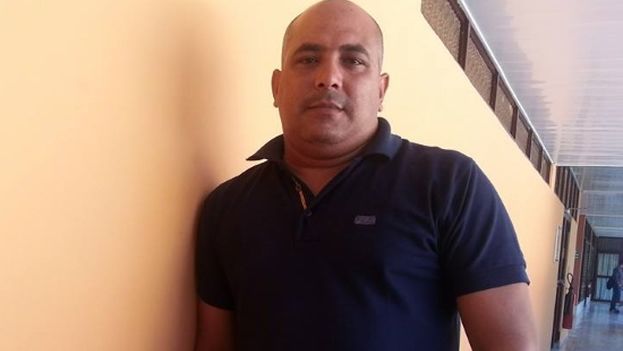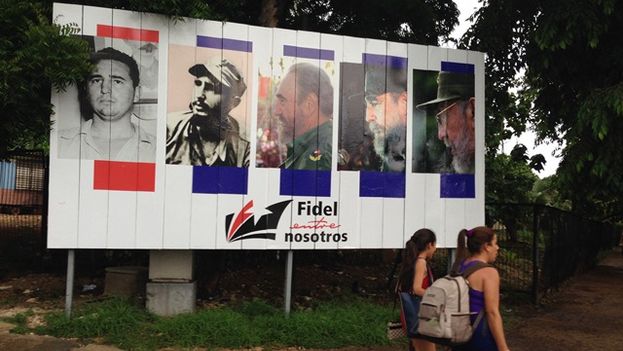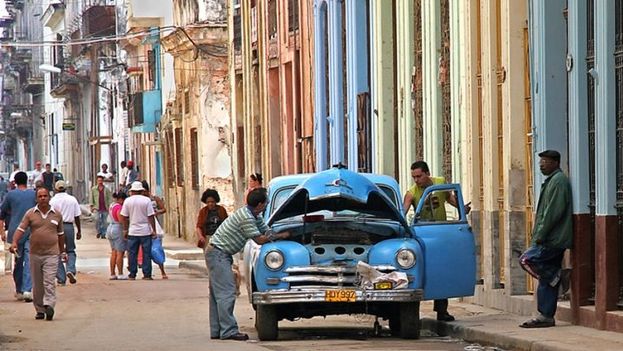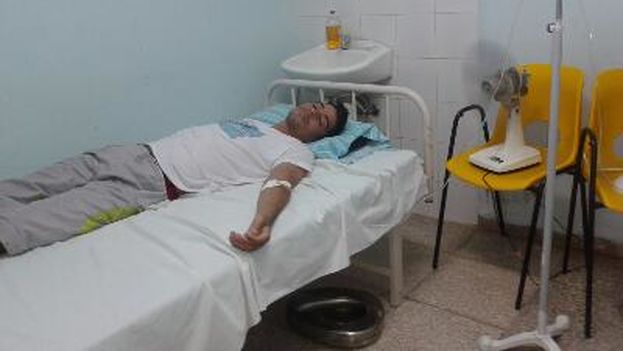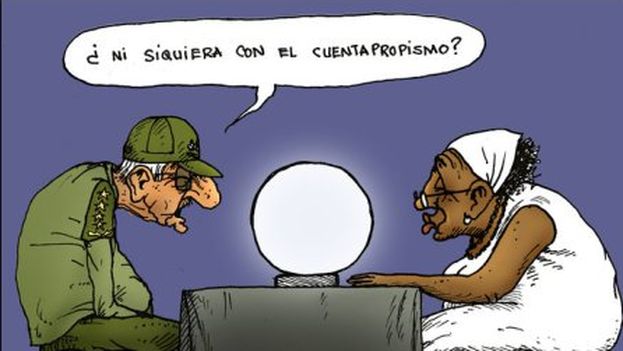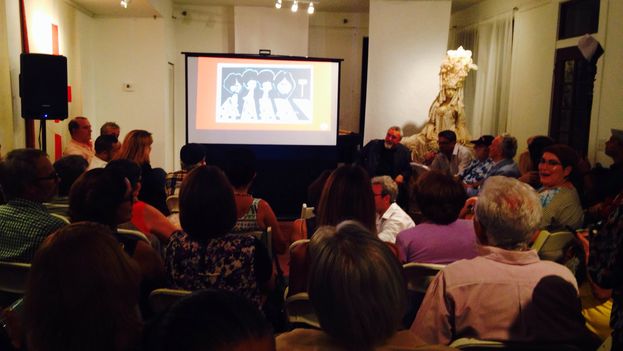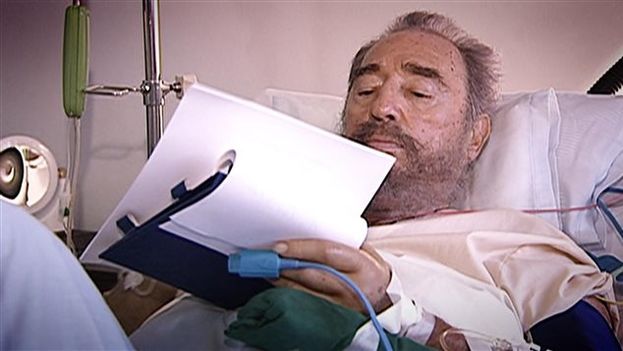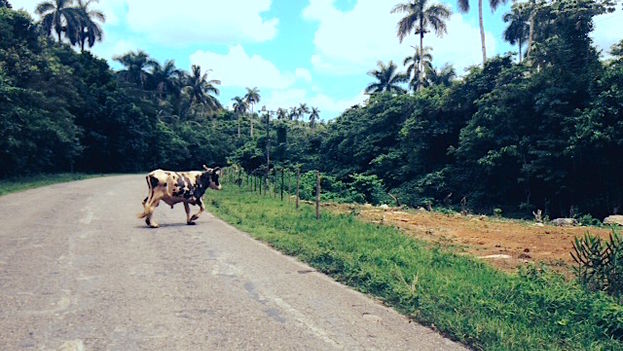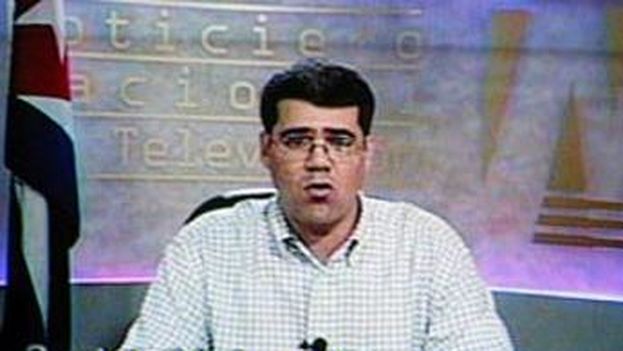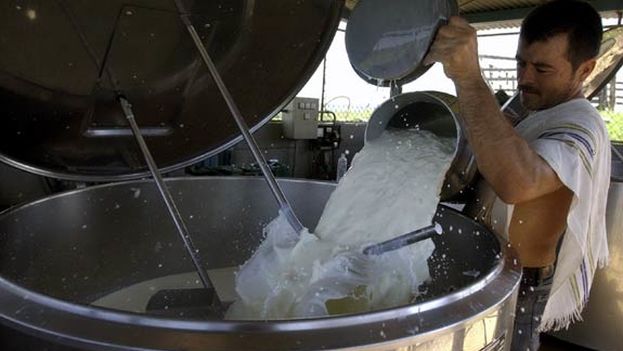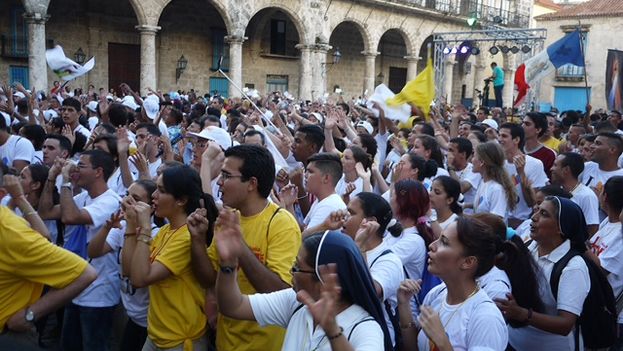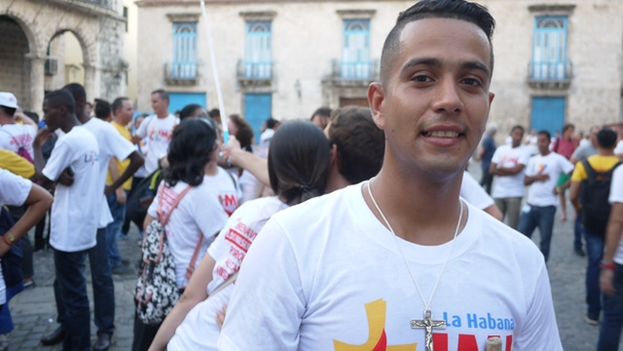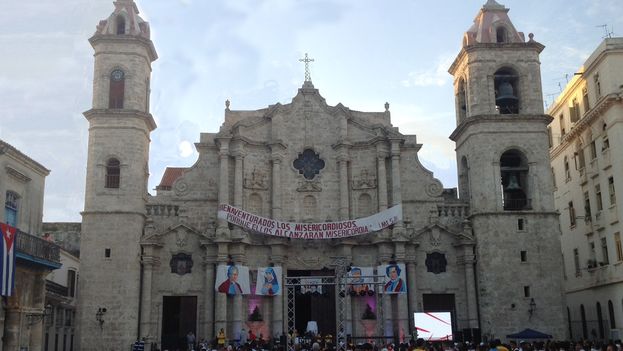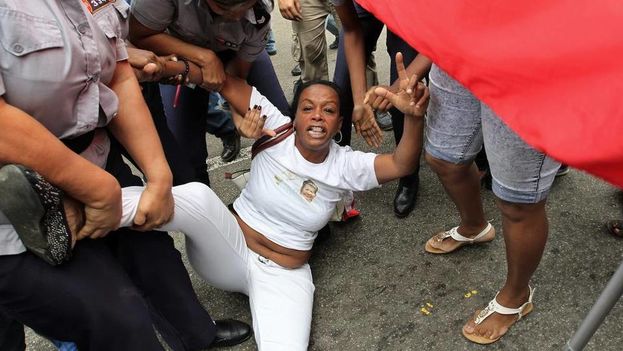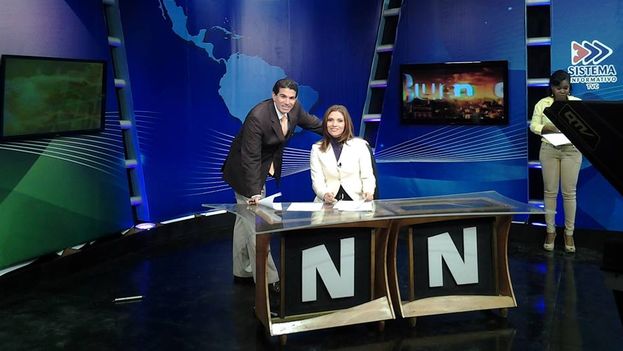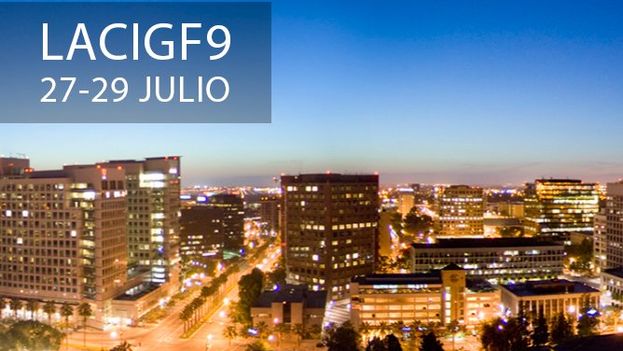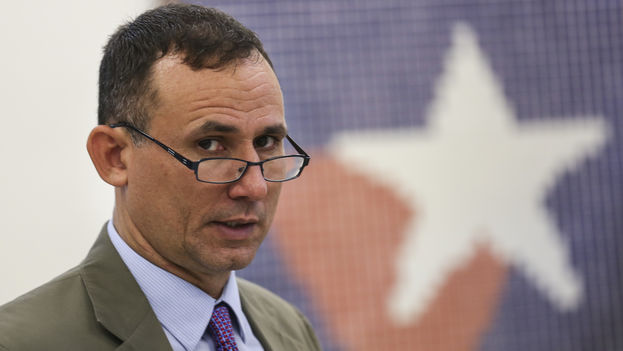
![]() 14ymedio, Jose Daniel Ferrer, Miami, 6 August 2016 — We live in complex times. The world is full of problems, some more serious than others. We live in the twenty-first century of the Christian Era, with some surrounded by comfort and wonderful technologies and others living like poor serfs of the Middle Ages. We live in a world where millions of people enjoy all their rights and freedoms, other millions only enjoy certain rights and freedoms, and many millions suffer under regimes that violate all or almost all their rights and freedoms. We live in a world where there are very noble, humanitarian and sweet people, and others who are criminals and madmen like those of ISIS, or the regimes of the Castros and North Korea. continue reading
14ymedio, Jose Daniel Ferrer, Miami, 6 August 2016 — We live in complex times. The world is full of problems, some more serious than others. We live in the twenty-first century of the Christian Era, with some surrounded by comfort and wonderful technologies and others living like poor serfs of the Middle Ages. We live in a world where millions of people enjoy all their rights and freedoms, other millions only enjoy certain rights and freedoms, and many millions suffer under regimes that violate all or almost all their rights and freedoms. We live in a world where there are very noble, humanitarian and sweet people, and others who are criminals and madmen like those of ISIS, or the regimes of the Castros and North Korea. continue reading
We live in a world where many citizens of the first powers of the free world, and luckily the planet, say they never thought to reach a presidential election with two candidates as controversial. Others believe they have magnificent aspirants for the Oval Office who will represent them well inside and outside the country’s borders. We live in a world where a pope praises a Stalinist like Fidel Castro and a Cuban Bishop says he wants “socialism to prosper” in a nation where we have the worst capitalism, which is bad capitalism, that of a family and generals, who own everything and everyone. We live in a world where other bishops and pastors do not forget that Christ was persecuted and died on the cross and that evil is confronted with dignity and courage.
We live in a world where a pope praises a Stalinist like Fidel Castro and a Cuban Bishop says he wants “socialism to prosper”
We live in a very complex world and the free press confirms it for us every day. And in the midst of so many complexities, we Cubans have our own. Some of the worst of any people living on the planet. We live under a regime comparable only to that of Stalin and North Korea, a comparison annoys the cynics and cowardly agents of the Castro regime and the Castros themselves. Our people live without rights and in the deepest misery. Thousands escape risking their lives in search of freedom and opportunity in other lands. And worse, against all logic, while the Unites States, the European Union and others, strive to help Cuba out of the sorry state the Castro regime has plunged it into, Raul Castro does the exact opposite of what at certain times he faked that he was willing to do.
To the extent that the US and the European Union show more generosity to the Castro regime, this regime repressed more, beats its opponents more, imprisons them more, tortures more and assaults and steals more from peaceful opponents, those fighting for the democratization of country and respect for human rights.
With increased its repressive actions, knowing the commitment of the European Union and the United States to human rights, the regime not only hurts its people more every day, it also mocks the powers of the free world, which creates a negative image of weakness and/or insensitivity before the excesses of a dictatorship.
At a time when, instead of advancing economic openness, the Castro regime prefers to harass, excessively control and exploit those who try to get ahead as entrepreneurs; at a time when instead of demonstrating greater respect for the people’s feelings and their fundamental rights, and respect for their foreign partners, the Castro dictatorship attacks with greater force the opposition movement, Guillermo Farinas, Carlos Amel Oliva Torres and other members of the Patriotic Union of Cuba (UNPACU) engaged in a long and very dangerous hunger strike with the aim of calling attention to the excesses of the Castro regime and seeking to put limits on their infamous behavior.
To the extent that the US and the European Union show more generosity to the Castro regime, this regime repressed more, beats its opponents more, imprisons them more, tortures more and assaults and steals more from peaceful opponents, those fighting for the democratization of country
We all need to prevent these brave and selfless Cubans from losing their lives. We need those who love them and admire them, they need good people, they need the churches called to act as Good Samaritans, they need the governments of the United States and the European Union in dialogue with the Castro regime, and above all, Raul Castro, who has already caused too much damage, and in times in which we are living does find it in his interest to take the steps that can end it in a way that is comfortable for him and his family, rather than in way that results in international tribunals and conditions like those in which the Serbian dictator Slobodan Milosevic ended up.
Those who love and admire the hunger strikers have been making strenuous efforts to convince them to suspend their hunger and thirst strikes. They, with too many reasons in their favor and with principles and an honor very rare in our times, refuse to end their strikes without seeing some positive demonstration from the Castro regime. The strikers only ask that the regime complies with its own laws. Or do the laws of the regime authorize beating, assaulting and robbing peaceful citizens who have committed no crime? We remember the brutal and constant beatings against activists handcuffed behind the back, the torture and the theft even of food and our children’s books.
For our request to the strikers to stop their hunger and thirst strikes, it would be a great help to have the support of the Catholic Church, the US government and the European Union, through authorized officials who could communicate with whose who risk their lives for a just cause and who would express their concern for their lives and tell them about the efforts, which undoubtedly must be made before the Castro regime, to put an end to, or moderate, their uncivilized behaviors.
The US government and representatives of the European Union have already expressed concern for the lives of the strikers, and other prominent politicians and personalities have also done so. To them we are all are very grateful. The days pass, the dictatorship does not give the slightest sign of willingness to act and the lives of these worthy Cubans fades slowly. Let us join efforts to convince them to lay down their strikes and to pressure the regime to moderate its despicable behavior. The death of more Cubans on hunger strike for just demands, is what we should all avoid.
The author is coordinator of the Patriotic Union of Cuba, UNPACU.

